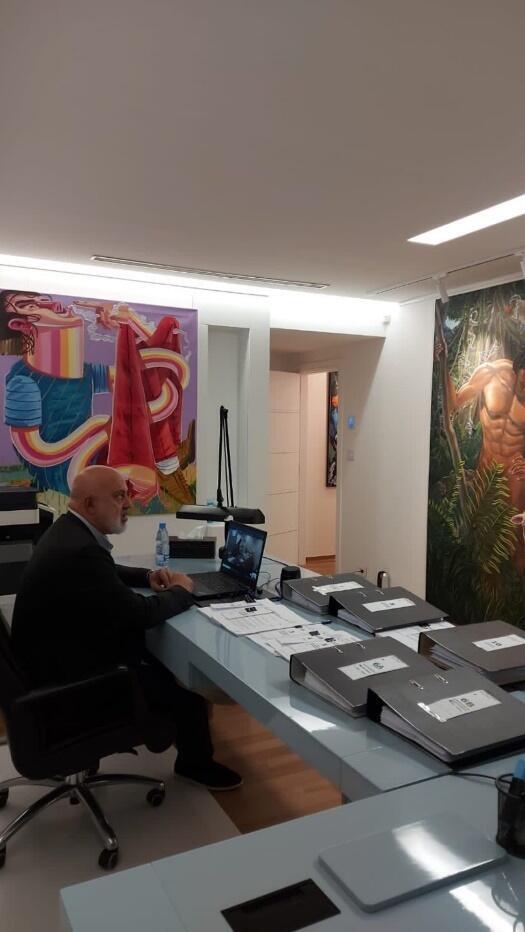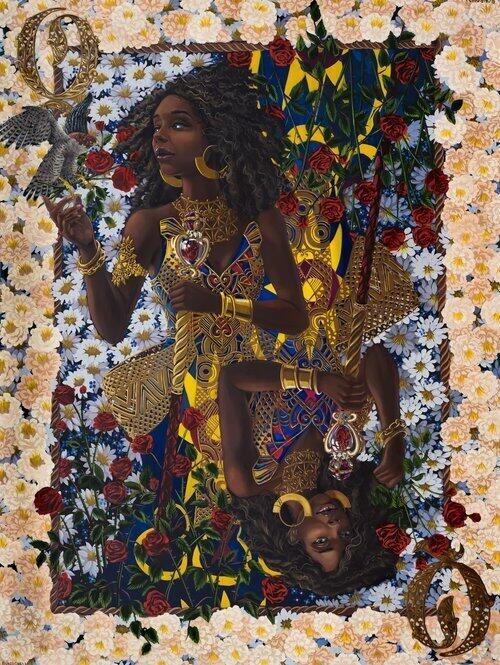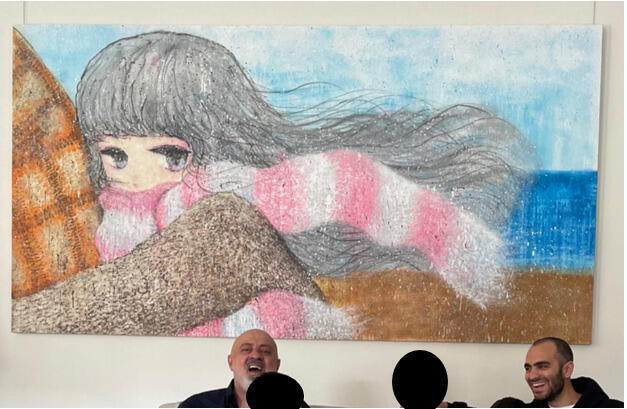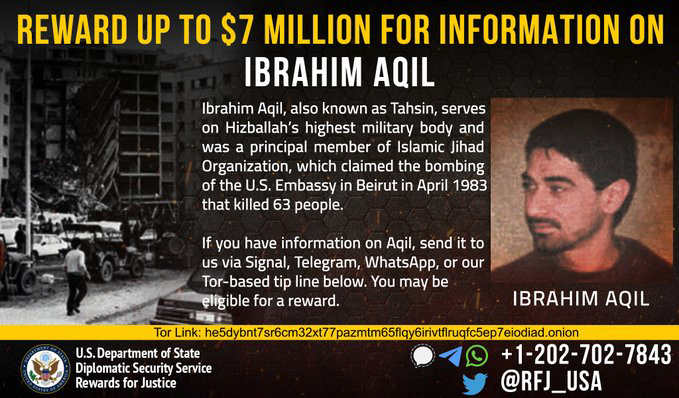Getting your Trinity Audio player ready...
The United States Treasury Department on Tuesday blacklisted 52 individuals and companies in Lebanon and other countries who were involved in money laundering and evading sanctions to help finance the terrorist group Hezbollah.
Other stories:
Meanwhile, Britain also imposed sanctions on Nazem Ahmad, the head of the network and a financier of Hezbollah who deals in diamonds and art.
According to the Treasury Department’s statement, the network “facilitated the payment, shipment, and delivery of cash, diamonds, precious gems, art, and luxury goods” for the benefit of Ahmad and “his luxurious lifestyle.”
The British treasury also froze Ahmad’s assets in the country after the U.S. did so in late 2019.
According to Ahmad’s indictment, which was unsealed on Tuesday by U.S. prosecutors, the financier and eight other suspects have traded in diamonds weighing a total of 1,546 carats since first being sanctioned three and half years ago.
“The firm action we have taken today will clamp down on those who are funding international terrorism,” said Joanna Penn, UK treasury minister.
A Beirut art gallery the UK government identified as belonging to Ahmad did not comment on the allegations.
Meanwhile, the U.S. State Department said on Tuesday that it will offer a reward of up to $7 million for information leading to the arrest or conviction of Hezbollah leader Ibrahim Aqil, also known as Tahsin, who serves the terrorist group’s highest military body, the Jihad Council. The body is blacklisted by the U.S. as a terrorist organization supported by the Iranian regime.
The award was offered on the 40th anniversary of Hezbollah’s bombing of the U.S. Embassy in Beirut which claimed the lives of 63 people and in which Aqil played an instrumental part.
Aqil is one of the leaders of a Hezbollah squad that claimed responsibility for a truck bombing near the U.S. embassy in Beirut on April 18, 1983. The attack resulted in the deaths of 63 individuals, including numerous American intelligence personnel. The truck was prepared in Syrian-controlled territory in the Beqaa Valley and covertly transported to the Lebanese capital on the same day.
Aqil was also in charge of the attack on the U.S. Marine Corps base in October of that year, which resulted in the deaths of 241 military personnel. This attack remains a painful scar for the Americans to this day, as it was the highest single-day death toll for U.S. personal abroad since World War II.
Additionally, Aqil was responsible for leading hostage-taking operations targeting Americans and Germans in Lebanon, and his name was frequently mentioned as a potential future Hezbollah chief of staff.
Aqil survived multiple assassination attempts, including one in February 2000 where Apache helicopters fired missiles at his car. He was lightly wounded in the attack.
In September 2019, the U.S. State Department put Aqil on its list of wanted terrorists, all of his property under U.S. jurisdiction was confiscated and Americans were prohibited from trading with him.





